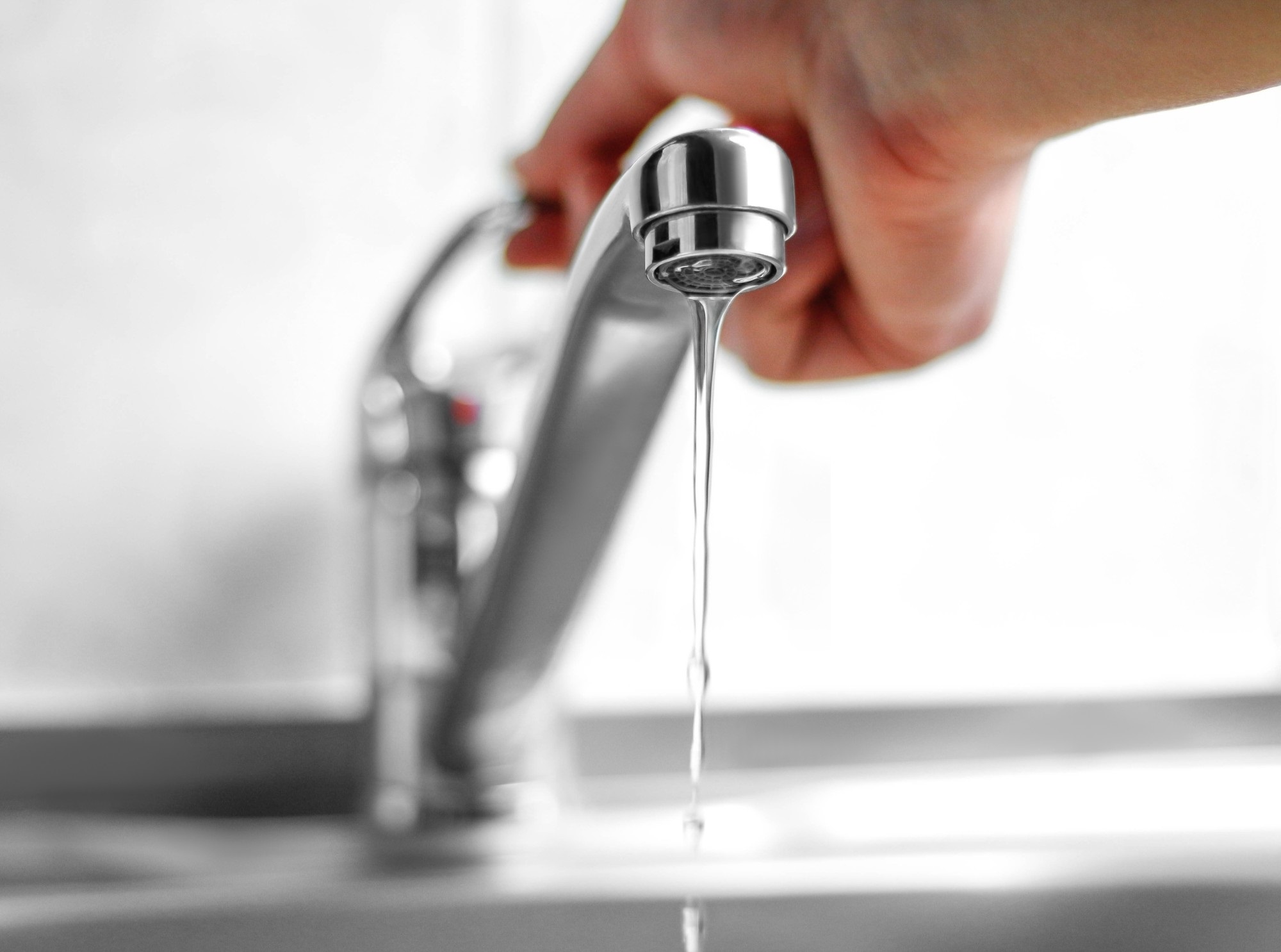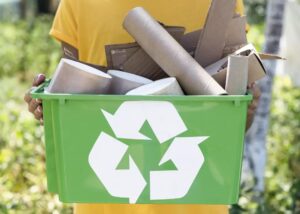
Water, a vital component necessary for the sustenance of all living organisms, is frequently overlooked despite its limited global availability. Only a minuscule fraction of the Earth’s total water supply is freshwater, underscoring the pressing necessity for prudent utilisation and preservation.
Conserving water through effective practices and strategies is imperative to ensure both short-term economic viability and long-term environmental resilience. This article shows the intrinsic worth of water conservation, practical applications and their benefits, including reduced household costs and enhanced ecological balance.
Furthermore, this article highlights the favourable impacts of water conservation on the environment, emphasising the importance of adopting sustainable approaches to managing this finite resource.
Importance of Water Conservation
Water conservation is not about deprivation; it’s about making conscious choices to optimise water usage. This means embracing habits and innovative solutions that allow us to extract the maximum value from this precious resource. By doing so, we can guarantee the long-term sustainability of water supplies, alleviate the effects of droughts, safeguard ecosystems, and enhance the quality of life within our communities.
Water Conservation Methods
There are various practical strategies that people and families can adopt to conserve water and save both water and money. These methods not only help reduce water usage but also lead to cost savings. Here are some practical ways to do so:
Using Updated Appliances
One of the simplest ways to conserve water is by using updated appliances designed to be more efficient. Modern washing machines, toilets, and showerheads are specifically engineered to use water sparingly without compromising performance. By upgrading to these appliances and seeking professional plumbing services for installation, you can significantly reduce your water consumption.
Taking Shorter Showers and Baths
Trimming a few minutes off your shower time or switching to a bath can significantly impact water conservation. By taking shorter showers, you not only save water but also demonstrate your appreciation for this vital resource. Every drop counts, and valuing water is essential for a sustainable future.
Consider using cold showers. They will prevent you from using too much water and have proven physical and mental health benefits.
Watering Plants Smartly
Watering plants is another area where water conservation practices can be implemented. Overwatering can be as detrimental as drought, so finding the right balance is essential. Methods such as drip irrigation or watering plants at dawn or dusk can minimise evaporation and ensure that water is utilised efficiently. Additionally, choosing native plants that are adapted to natural rainfall can further reduce the need for excessive watering.
Inspecting for Leaks
Even a tiny leak can waste gallons of water over time. Regular plumbing inspections can help identify and fix leaks early on. A skilled plumber not only offers repair services for leaks but also provides expert guidance on installing water-saving fixtures, thereby maintaining both a leak-free and conservation-oriented environment.
Furthermore, if residing in regions experiencing cold winters and high humidity, such as London, regular inspections of pipes can proactively prevent damage to the plumbing system, resulting in substantial cost savings by avoiding extensive repairs.
Investing in a Dishwasher
Manually washing dishes is often believed to be the most water-conscious approach; however, this assumption might need to be reevaluated. Modern dishwashers have undergone engineering advancements, which enable them to utilise less water per cycle when contrasted with conventional hand-washing techniques. Operating a complete load on an eco-mode can make a dishwasher more water-effective than manual cleaning. Therefore, opting to do your dishes via the machine contributes to water preservation initiatives.
Impact on Household Bills
Implementing water conservation techniques can profoundly impact your household’s budget by lowering water usage and subsequent expenses. Small actions like repairing leaks, replacing old fixtures with low-water models, and utilising energy-efficient appliances can substantially reduce water waste over time.
Not only do these habits benefit the environment, but they also translate into tangible cost savings for homeowners. By conserving water, people reduce their reliance on local water supplies and private wells, reducing water bills. Many areas even offer rebates or discounts for incorporating water-efficient technology, further minimising associated costs.
As you continue to employ water-saving strategies, the collective effect will result in increased financial savings and decreased utility expenditures, all while fostering a more eco-friendly and accountable attitude towards water usage within the home.
Environmental Impact of Water Conservation
The advantages of water conservation stretch beyond the domestic sphere, profoundly impacting the environment as a whole. By conserving water, we are actively working towards a more sustainable future for generations to come.
Protecting Against Droughts
Effective water management through conservation practices helps alleviate the severity of droughts by preserving adequate water supplies when they are scarce. This involves adopting responsible water usage habits and minimising consumption to protect the natural reserves, essential for human needs and environmental sustainability.
Reducing Strain on Water Treatment Plants and Infrastructure
Maintaining proper water usage can alleviate pressure on wastewater management systems. When individuals or communities use fewer resources, it translates into lower demands on water treatment facilities and associated infrastructure. As a direct result, energy expenditure decreases alongside the creation of impurities during the processing stage. These positive changes contribute to a more environmentally conscious world while reducing the requirement for elaborate water filtration methods.
Making More Water Available for Safer and Cleaner Communities
Water conservation ensures that there is enough water available for essential services and community beautification. Adequate water supply is vital for firefighting, hospital services, and the maintenance of public amenities. By conserving water, we can ensure that these services are not compromised and that our communities remain safe and clean.
Conclusion
Water conservation is imperative for a sustainable future. It is a critical component that impacts ecological balance, economic savings, and community well-being. While individual actions may seem small, they can collectively create an ocean of change. By adopting water conservation methods such as using updated appliances, taking shorter showers, watering plants smartly, inspecting for leaks, and investing in water-efficient technologies like dishwashers, we can all contribute to preserving this precious resource. Remember, every drop saved today ensures a better tomorrow for future generations.








